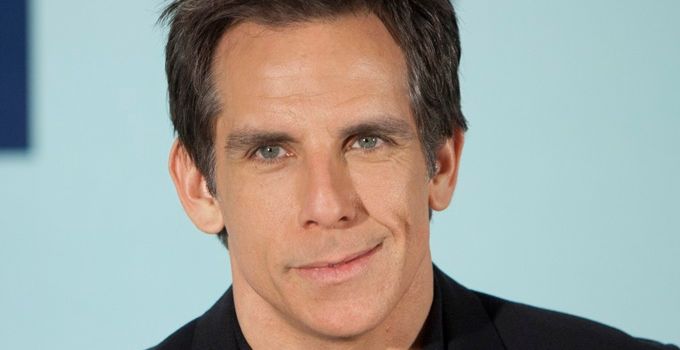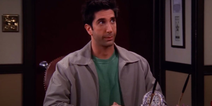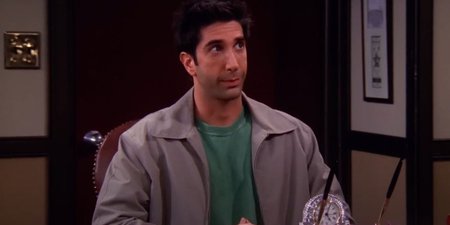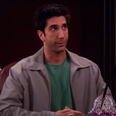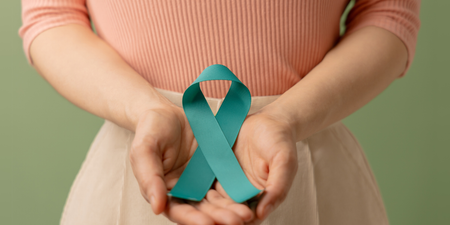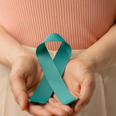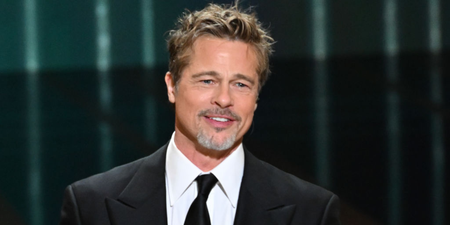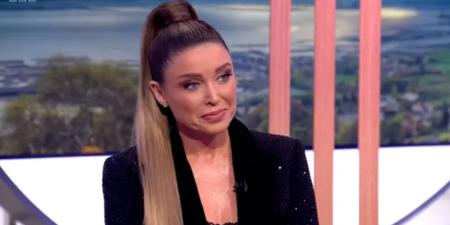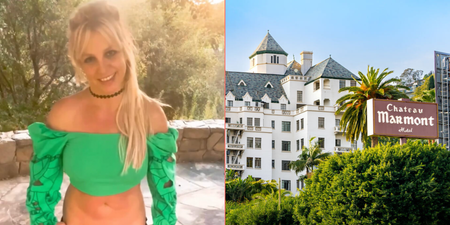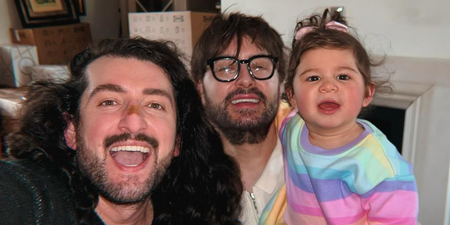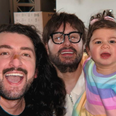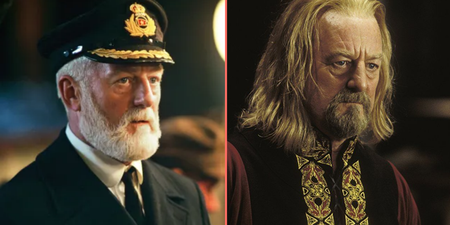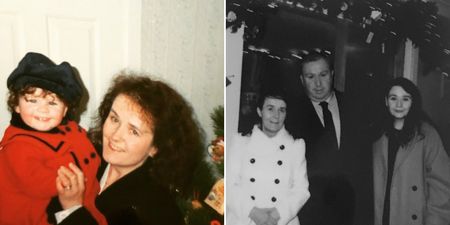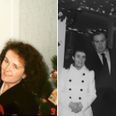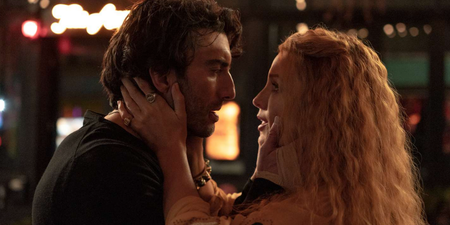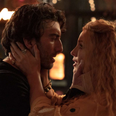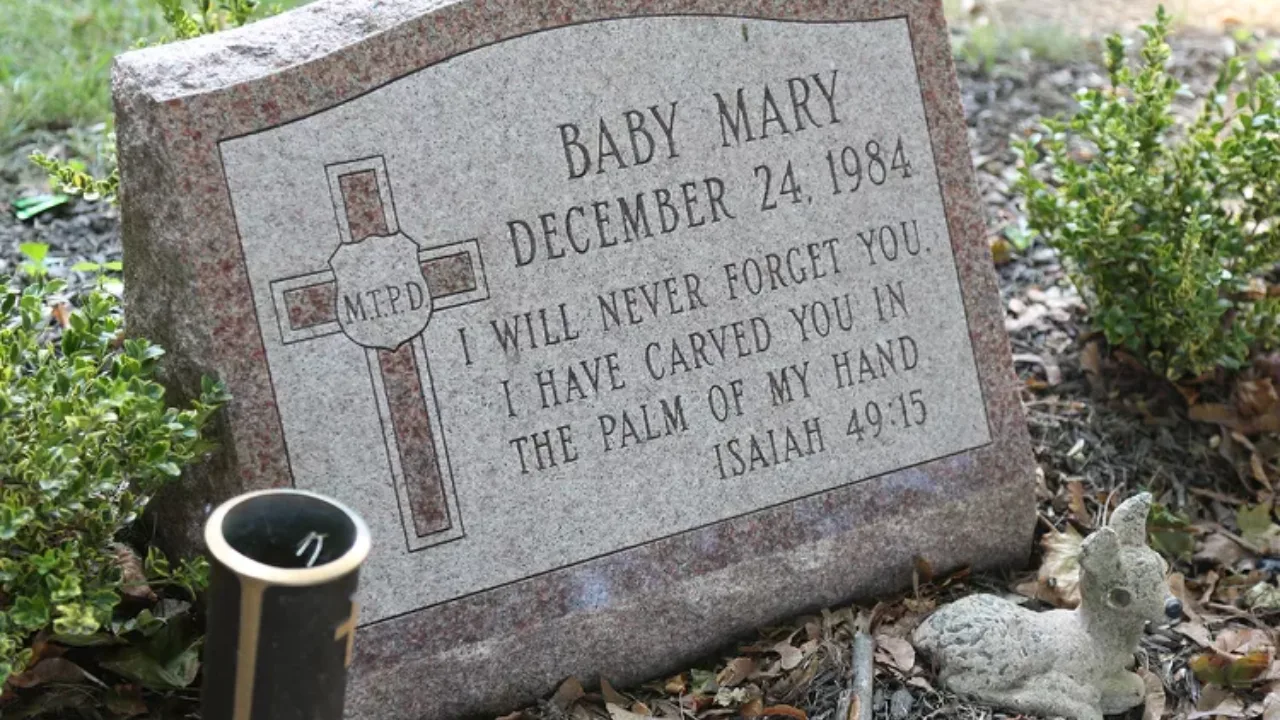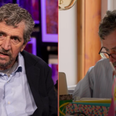The 50-year-old actor and comedian has opened up about being diagnosed with cancer of the prostate.
Ben Stiller has shared his story about being diagnosed with prostate cancer 2 years ago.
In a blog post, the Zoolander star has told of how testing for prostate cancer, quite a taboo subject among men today, saved his life.
Ben explained how his diagnosis of cancer left him fearing for his life for 3 months.
“I got diagnosed with prostate cancer Friday, June 13th, 2014. On September 17th of that year I got a test back telling me I was cancer free. The three months in between were a crazy roller coaster ride with which about 180,000 men a year in America can identify.
“.. I promptly got on my computer and Googled “Men who had prostate cancer.” I had no idea what to do and needed to see some proof this was not the end of the world.
“John Kerry… Joe Torre… excellent, both still going strong. Mandy Patinkin… Robert DeNiro. They’re vital. OK great. Feeling relatively optimistic, I then of course had to do one more search, going dark and quickly tapping in “died of” in place of “had” in the search window.
“As I learned more about my disease…I was able to wrap my head around the fact that I was incredibly fortunate. Fortunate because my cancer was detected early enough to treat. And also because my internist gave me a test he didn’t have to.”
Ben spoke of how in finding the cancer early, he was lucky enough to beat the diagnosis.
“Taking the PSA test saved my life. Literally. That’s why I am writing this now. There has been a lot of controversy over the test in the last few years… I am not offering a scientific point of view here, just a personal one, based on my experience.
“The bottom line for me: I was lucky enough to have a doctor who gave me what they call a “baseline” PSA test when I was about 46. I have no history of prostate cancer in my family and I am not in the high-risk group, being neither — to the best of my knowledge — of African or Scandinavian ancestry. I had no symptoms.
“What I had — and I’m healthy today because of it — was a thoughtful internist who felt like I was around the age to start checking my PSA level, and discussed it with me.
“If he had waited, as the American Cancer Society recommends, until I was 50, I would not have known I had a growing tumor until two years after I got treated. If he had followed the US Preventive Services Task Force guidelines, I would have never gotten tested at all, and not have known I had cancer until it was way too late to treat successfully.”
He advises men to get checked – despite the embarrassment and minor pain – for the best chances of being treated.
“Now, in my case, my doctor, Bernard Kruger, watched my PSA tests rise for over a year and a half, testing me every six months. As the numbers continued to rise, he sent me to the urologist, who gave me a slightly invasive physical check in his office using a gloved finger. This took all of 10 seconds. While I don’t recommend it for fun, amazingly some don’t recommend it at all. After this exam, and looking at my rising PSA numbers, he suggested an MRI to get a roadmap of my prostate.
“It’s a non-invasive procedure like the one athletes get to check for torn ACLs. Loud, but painless. Only after studying the MRI results did my doctor recommend a not-fun-at-all biopsy. Unlike the MRI, the biopsy was as invasive as it gets: long needles in sensitive places and more small talk about kids and school pick ups while it was all going down.
“Then the biopsy came back positive. Of course “positive” for medical tests is usually not so positive. I had a Gleason score of 7 (3+4), which is categorized “mid-range aggressive cancer.” Surgery was recommended. At this point I decided to go out and get a few different opinions. All the doctors I talked to concurred that the tumor needed to be taken out.
“Ultimately, I found a wonderful surgeon named Edward Schaeffer who I felt comfortable with. He performed a robotic assisted laparoscopic radical prostatectomy. Due to a lot of skill and a little beneficence from some higher power, he got all the cancer. As of this writing I am two years cancer free and extremely grateful.”
